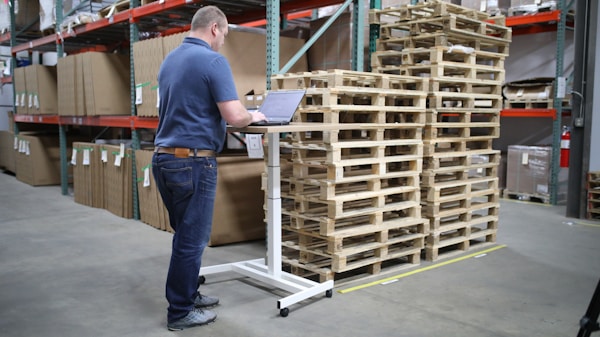Staying cool in the summer has long been a human preoccupation. Whether it’s the sweltering heat of the Sahara Desert or the sticky humidity of the tropics, our ancestors have always sought innovative ways to cope with high temperatures. Today, we have air-conditioning (AC) services like Advanced Air Care to keep us cool, but what was it like for our ancestors who lived before the advent of modern technology? This article explores the fascinating evolution of staying cool, from ancient times to the current era of high-tech innovations.
Ancient Innovations in Staying Cool
Civilizations thousands of years ago understood the basic principles of cooling and developed creative methods to beat the heat. Ancient Egyptians, for instance, hung wet reeds in their windows. As the wind blew through the reeds, the water would evaporate, cooling the breeze that wafted into their homes. They also built their houses with thick walls and high ceilings to keep the interior spaces cool.
In Persia, around 400 B.C., they invented the wind tower, also known as a windcatcher. This architectural element captured prevailing winds, funneling the cool air into houses and other buildings. This principle of natural ventilation is even being revisited in modern sustainable design.
Meanwhile, the Romans, renowned for their engineering skills, built an intricate system of aqueducts to distribute water throughout their cities. Wealthy Romans could afford to have this cool water circulated through the walls of their homes, a form of early AC.
The Rise of Mechanical Cooling

Fast forward to the 2nd century, a Chinese inventor named Ding Huan created a seven-foot-wide rotary fan. This fan had seven wheels and could cool an entire hall full of people. But the real game-changer came in 1902 when Willis Carrier, an American engineer, invented the first modern electrical AC unit. Carrier’s invention not only cooled the air but also controlled humidity, making it a game-changer in regions with high humidity levels.
Despite these advances, AC remained a luxury reserved for the wealthy and for businesses. It wasn’t until the post-WWII economic boom that air conditioning units became commonplace in households across America. This was the turning point when staying cool shifted from being a luxury to a standard expectation.
Today’s Innovations and the Future of Staying Cool
In recent years, advances in technology have given rise to new cooling solutions that are more efficient and environmentally friendly. For example, phase change materials (PCMs) can absorb and release heat, helping to maintain a stable indoor temperature. When used in building materials, these PCMs can reduce the need for air conditioning.
Another interesting innovation is the concept of personal cooling devices. These gadgets, which range from cooling wristbands to smartphone-controlled fans, provide individual cooling, thereby reducing the need to cool entire buildings.
Solar air conditioning, which utilizes solar energy to cool buildings, is another promising field. By reducing reliance on electricity, solar air conditioning could greatly decrease the carbon footprint associated with staying cool.
Cooling Down: A Look Back and Ahead

Staying cool has been a universal human need, and our means of achieving this comfort have evolved in line with our technological capabilities. We’ve journeyed from hanging wet reeds in ancient Egypt to relying on air-conditioning services like Advanced Air Care. Yet, as we look forward to a future where sustainable cooling solutions will be more important than ever, we might find ourselves revisiting the natural ventilation strategies of our ancestors.
While it’s easy to take our current cooling methods for granted, understanding the evolution of this technology offers a glimpse into our innovative spirit. As we grapple with the effects of climate change, the quest for efficient and sustainable cooling solutions will continue to drive innovation. It’s a fascinating reminder that, as much as things change, our fundamental needs remain the same. Our ancestors, too, sought relief from the summer’s heat, and just like them, we continue to adapt and innovate to meet this enduring challenge.






























